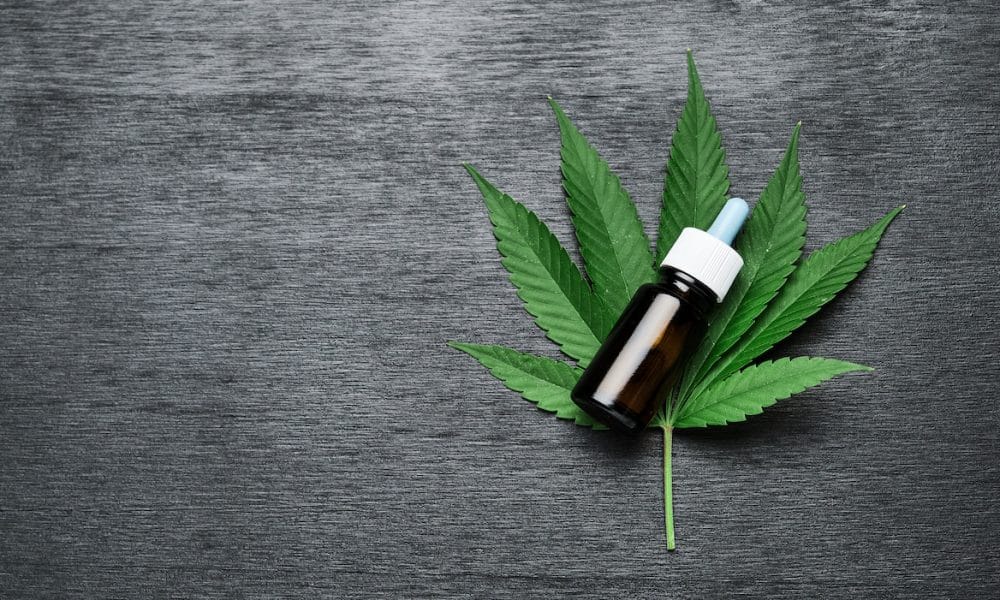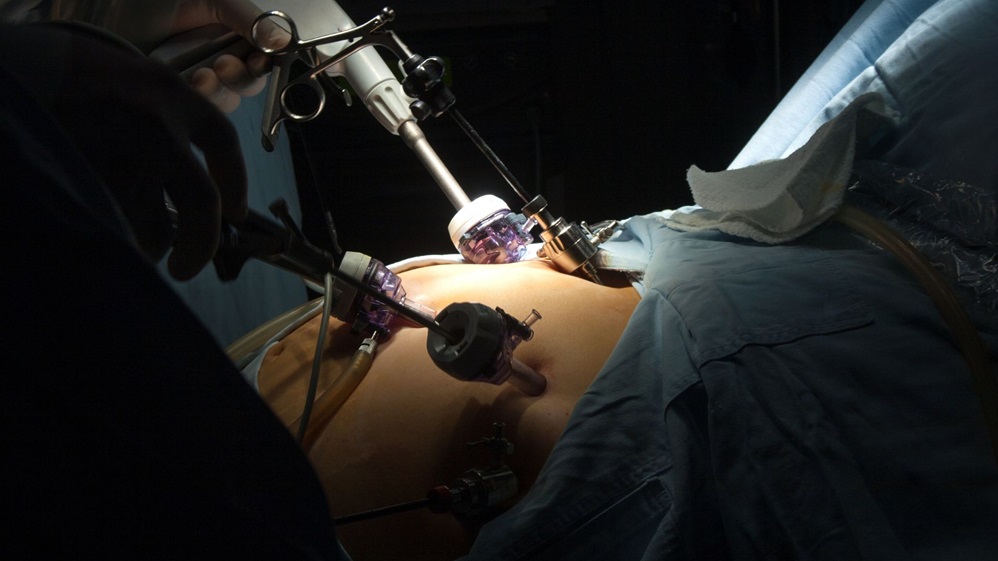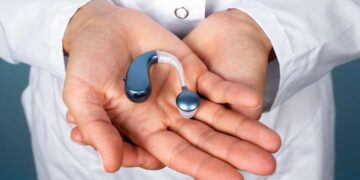The Essential Post-Bariatric Surgery Diet Guide

Bariatric surgery is a life-changing procedure to help those struggling with obesity achieve significant and sustainable weight loss. As with any surgery, there is a recovery period that requires specific care and attention. The post-surgery diet is perhaps the most critical part of the rehabilitation process. Let us explore the foods and drinks to avoid after bariatric surgery to ensure you are on the right track to a healthy lifestyle.
Foods and Drinks to Avoid after Bariatric Surgery
1. High-Calorie Foods and Beverages
After undergoing bariatric surgery, it is essential to avoid high-calorie foods and beverages. It is recommended to completely avoid sugar-sweetened drinks and reduce calorie intake by significantly cutting down on junk food, fast food, and fried items. Instead, focus on consuming more lean protein, fruits, and vegetables.
2. Carbonated Beverages
Carbonated beverages like soda can cause bloating, gas, and discomfort after surgery. These drinks may also lead to gastrointestinal upset, putting stress on your stomach and prolonging the healing process. It is best to stay away from carbonated beverages and instead drink pure water or calorie-free flavored water to stay hydrated.
3. Alcohol
Alcohol should be avoided post-bariatric surgery for various reasons. Besides being high in calories, alcohol taxes the liver and can cause nutritional deficiencies. It is also important to remember that bariatric surgery decreases your body’s tolerance to alcohol which could lead to overconsumption and increased drunkenness.
4. Hard-to-Digest Foods
Fruits and vegetables are essential for a healthy diet, but some may be more difficult to digest after bariatric surgery. Steer clear of hard-to-digest fibrous vegetables like broccoli and cauliflower, as well as stringy fruits such as pineapple and mango. Instead, opt for soft fruits and easily digestible vegetables, such as bananas, cooked carrots, and cooked apples.
5. Caffeinated Beverages
Caffeinated beverages like coffee and tea should be consumed in moderation after bariatric surgery. Caffeine can cause dehydration, making it more challenging to consume the necessary amount of fluids in the days following the surgery. If you do choose to drink caffeinated beverages, make sure to increase your water intake to combat the dehydrating effects.
6. High-Fat Foods
Fats are an essential part of any diet, but it is necessary to avoid foods high in unhealthy fats post-bariatric surgery. Consuming high-fat foods can lead to gastric distress and may slow down your overall weight loss journey. Aim to eat more heart-healthy fats such as avocados, nuts, and olive oil instead.
Managing Hunger after Bariatric Surgery
It is not uncommon to feel hungry even after undergoing weight loss surgery. To better manage hunger after bariatric surgery, it is crucial to consume small, balanced meals throughout the day. Including protein-rich options, in particular, can help control hunger pangs and keep you feeling full for longer. For more information, visit this blog to learn why some patients experience hunger post-surgery and how to handle it.
Conclusion
When it comes to living a healthy lifestyle after bariatric surgery, it is important to understand the foods and drinks to avoid. Additionally, be sure to manage hunger by consuming small, balanced meals regularly. The healthcare professionals for bariatric Surgery in Tijuana can provide guidance and support throughout your weight loss journey. With their expertise, you can reach your desired results comfortably and effectively.










